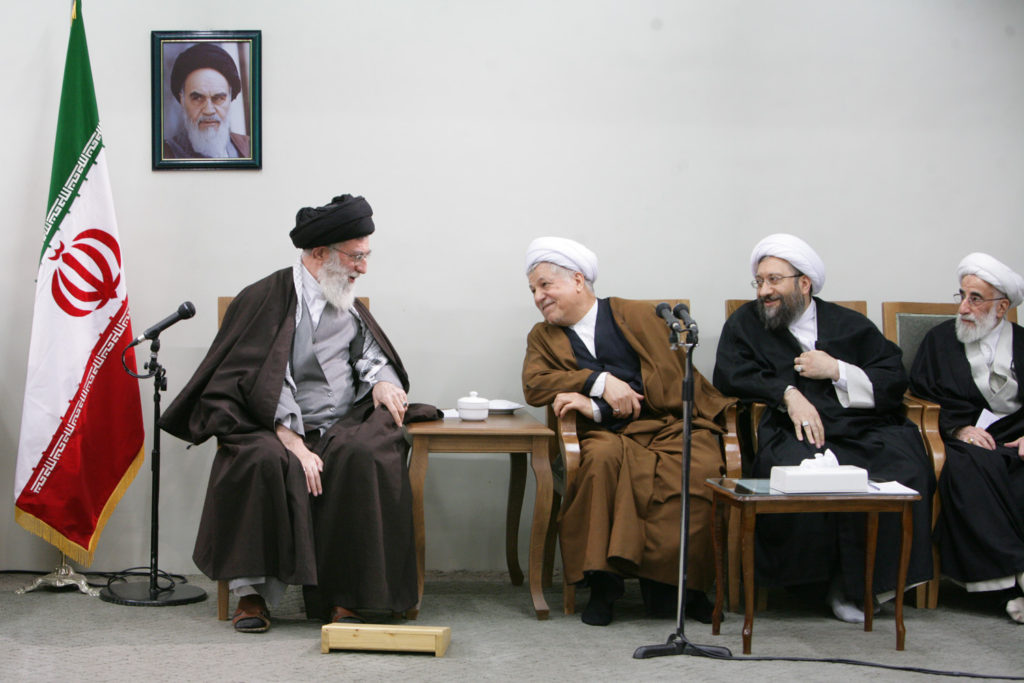T. Boone Pickens recently spoke with Former U.S. Ambassador to the United Nations and policy expert, John Bolton, for an episode of his podcast. Here are five key takeaways from their freewheeling discussion.
Iran and Saudi Arabia don’t look at energy as a commodity, and neither should we.
In America, we like to think the market decides who wins and who loses. But with OPEC, decisions are made by governments whose biggest concern is staying in power using any means necessary. They use oil as a strategic tool to further their interests. If we want to secure our energy future, we need to view American energy resources the same way.
Iran is no longer a major player in global energy markets.
And it’s not just because of sanctions. They don’t invest in infrastructure. Their refining capacity doesn’t keep up with domestic production. They’re a second-rate operation. That’s what happens when you let a group of religious fanatics run your country.
Iran doesn’t get the full market price for its oil.
Iran circumvents sanctions by piping oil to Iraq where – presto – it becomes Iraqi oil. But bribes and middlemen cost the Iranians millions, which means they sell their oil at a discount. No wonder the country is going broke.
The Saudis punish Iran by pumping oil.
Iran doesn’t have a sovereign wealth fund like the Saudis or the Kuwaitis or the Emiratis. It lives hand to mouth from the sale of oil. So the Saudis figured that if the United States wasn’t going to stop Iran’s nuclear weapons program, they’d hurt the Iranians by keeping production high and prices low.
Our next president needs to have a keen understanding of America’s energy policy.
Our country’s energy policy is the best example of the interrelationship between national security affairs and domestic policy. If you pursue ridiculous policies at home, then you’re going to have a much more difficult situation internationally.

